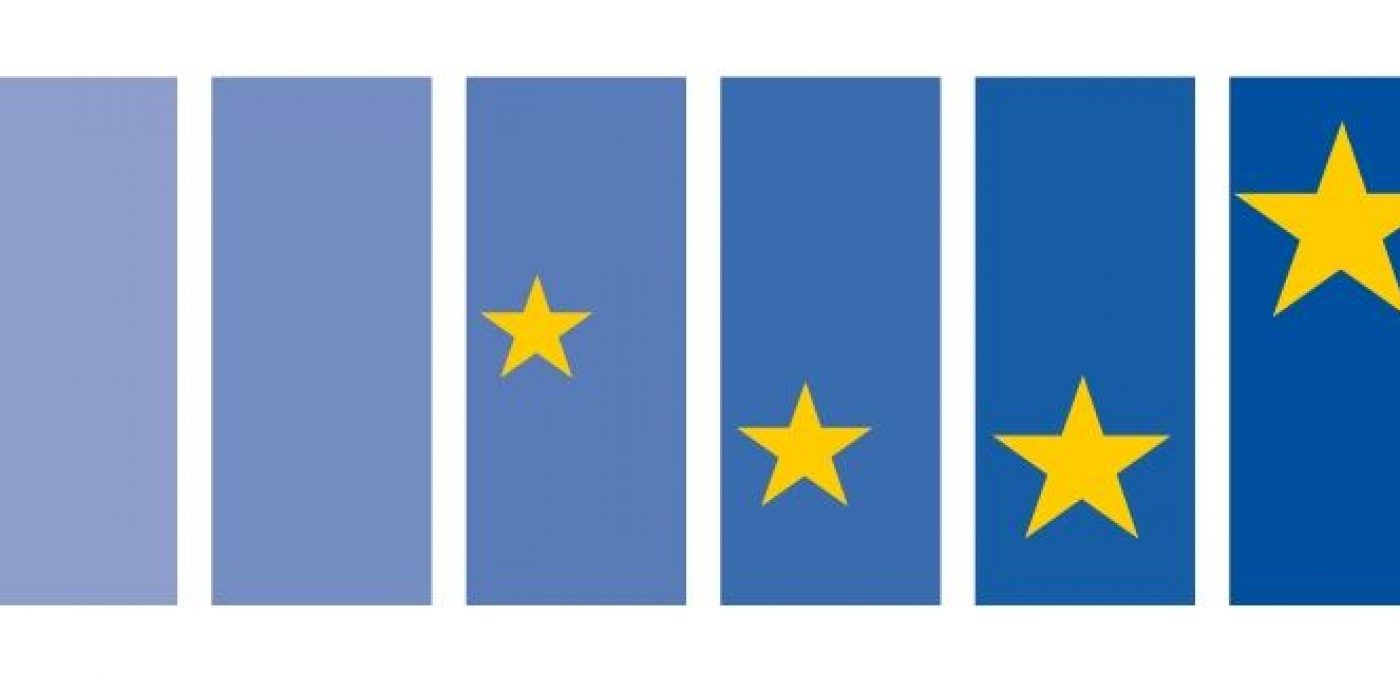10 July 2013
HerMan: New EU project

[[{“fid”:”1139″,”view_mode”:”teaser”,”type”:”media”,”attributes”:{“class”:”media-element file-teaser”},”link_text”:null}]]
Regensburg, June 18, 2013
Moving from conservation to management
Moving from conservation to management is indeed the main purpose of the new EU project called HerMan. HerMan? What does it mean? It is the acronym for “Management of Cultural Heritage in the Central Europe Area”. This project takes place then in the centre of Europe, involving nine cities, regions and knowledge institutions from four different countries. It is part of the Central Europe Programme (www.central2013.eu), which partly funds it with the European Regional Development Fund. The total budget reaches circa 2 million euros. The project partners are working together during two years and a half, from July 2012 until December 2014.
The Central Europe reveals a rich and diverse cultural heritage. For a better enhancement, HerMan intends to improve its management towards a sustainable way. This practice will contribute to intensify the attractiveness and the competitiveness of these cities, regions and institutions. That will allow also to better exploit the economic potential of the cultural heritage.
Nine partners from four Central European countries
Who are the actors of HerMan? To complete successfully the Project, the Lead Partner, represented by the Municipality of Eger (Hungary), is assisted by the Municipalities of Lublin (Poland), Ravenna (Italy) and Regensburg (Germany); by the Provinces of Ferrara and Treviso (Italy); and by the organisations of Gyula Forster National Centre for Cultural Heritage Management in Budapest (Hungary), IRM Institute of Urban Development in Cracow (Poland) and Marco Polo System geie in Venice (Italy).
The project partners have set themselves the main objective of increasing knowledge and expertise in the field of cultural heritage management within the Central Europe area.
Coinciding with this intention, three activities were defined and will be carried out. Firstly, the project partners will jointly develop and test management strategies and models. The identification, adaptation and creation of innovative services refer to the second activity. Finally, the third activity intends to strengthen management capacities of the partner organisations.
HerMan’s five work packages
HerMan combines five work packages matching five specific topics. The first work package concerns the management of the project. The Lead Partner, the Municipality of Eger, is responsible for the oversight of all the activities undertaken within HerMan. More specifically, the Work Package 1 deals with the start-up, the project coordination, but also with the monitoring and the financial management.
The Work Package 2 covers the whole project as well. It takes charge of the external communication of the project. The Municipality of Regensburg manages this package. It ensures a wide promotion of the progress and results of HerMan, through a range of tools adapted to a wide public. Communication materials (such as leaflets, brochures, website, events, press conferences, etc.) will allow a transnational diffusion, relayed on a local/regional level as well.
Both of the Work Packages 3 and 4 follow a logical development. They are structured according to different phases. The setting-up of a framework, through stakeholder platforms, is the first one. An analysis of the current situation is followed by an evaluation. Then a concept is developed and responds to the previous phase. This concept is afterwards tested. Finally, the feedbacks and conclusions result in transnational outputs (handbooks, toolboxes, recommendations, etc.).
The third work package, led by the Municipality of Lublin, matches the first objective of HerMan about models and strategies. The main element of the unit is the elaboration of Cultural Heritage Management Models. This implies in the first place the evaluation, through case studies and good practices, of the current situation in the heritage management field. The management models are tested through three pilot actions. The first one deals with the proposition of a service towards historic building’s owners. This service allows a state of play’s diagnosis of the buildings. The second pilot action links the Information and Communication Technologies (ICT) and the libraries. It aims to improve the management system. The last pilot action proposes to test new collaborative management methods for stakeholders.
With the Work Package 4, the Forster Centre intends to create innovative services to promote cultural heritage assets. Every project partner is in charge of register all the heritage assets of its city. Good practice visits in partner cities go with these portfolios of assets. These activities enable to explore a development potential for the cultural heritage. Just as the Work Package 3, pilot actions are also undertaken. The first pilot action proposes to use ICT tools and offer visitors multi-platform experiences. The second one concerns underexploited buildings. The third pilot action deals with innovative service of reception and orientation towards families and classrooms.
The last work package concerns the management capacities of the partners’ staff, matching then the third objective of HerMan. The Municipality of Ravenna is in charge of this activity. Cultural management courses are organised, corresponding with the training needs previously defined. Staff exchanges between project partners complete the fifth work package.
Providing management solutions
The outputs and the experience of the HerMan Project concern in the first place the project partners. Nevertheless, HerMan intends also to provide solutions to other European cities.
The partners will gather together at the beginning of October in Ferrara for the Mid-Term Conference of the project.
Press contact:
HerMan Communication Office
Astrid Dumas, Theresa Appoltshauser M.A.
Project Manager
Planning and Building Division | World Heritage Management
Municipality of Regensburg
Adress D.-Martin-Luther-Straße 1 | 93047 Regensburg
Phone +49/941/507-4617
Mail appoltshauser.theresa@regensburg.de
[[{“fid”:”1140″,”view_mode”:”teaser”,”type”:”media”,”attributes”:{“class”:”media-element file-teaser”},”link_text”:null}]]


